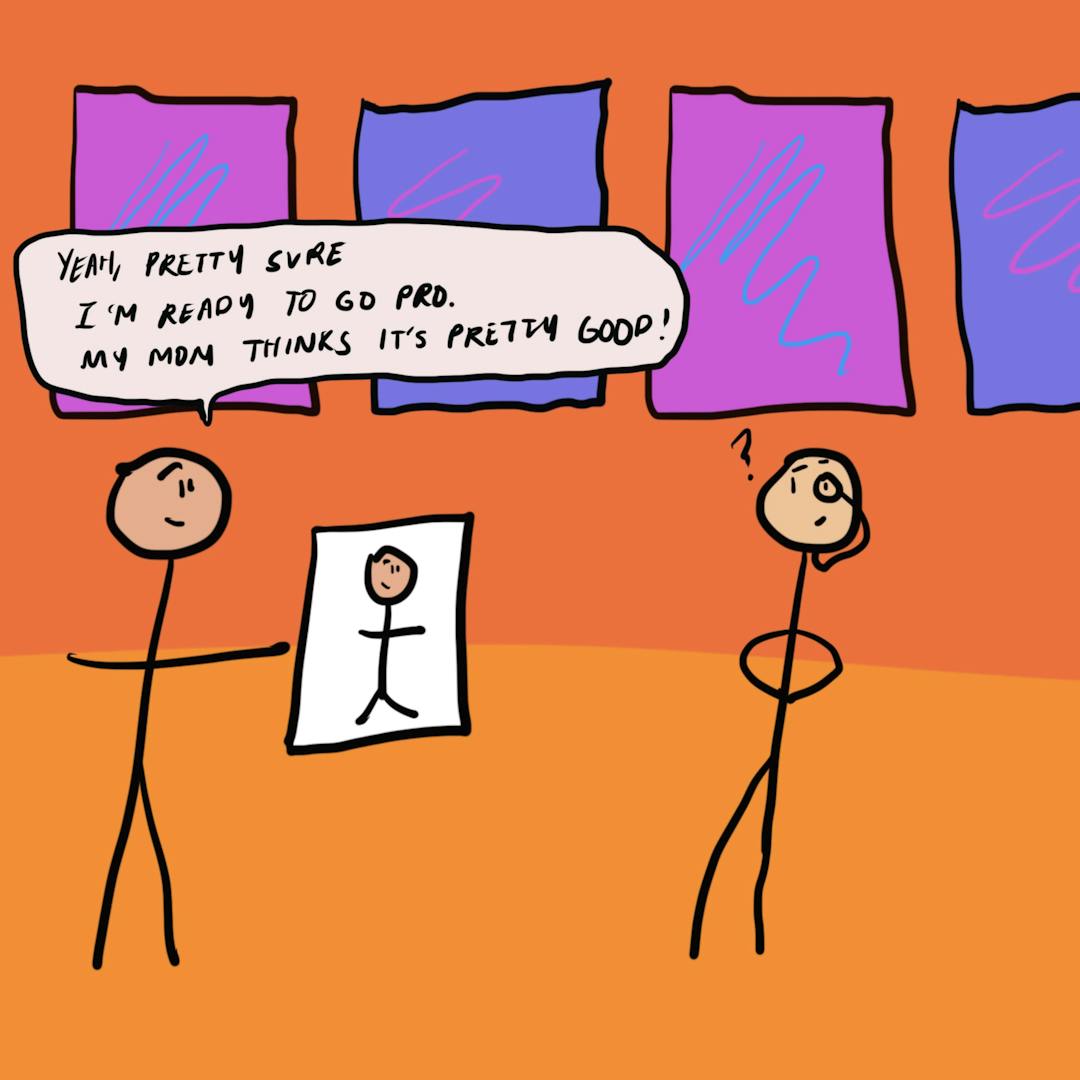The Fun in Boredom with James Danckert
Boredom feels uncomfortable because it is pushing you to be the person that’s in control, to acknowledge that you’re the author of your own life.
– James Danckert
Intro
In this episode of The Decision Corner, Brooke is joined by James Danckert, professor of Psychology at the University of Waterloo and coauthor of Out Of My Skull: The Psychology of Boredom, with the goal of understanding a thing we typically try to avoid at all costs: boredom. More specifically, they dive into the purpose of boredom and how we can make these dull moments important and meaningful.
This podcast covers a variety of exciting topics, including:
- Why boredom is so important for finding meaning in your life
- How the ‘Goldilocks Zone’ can help you get focused
- What Chris Hadfield, farming, and the myth of “only boring people get bored” all have in common
- Why COVID-19 has made us more bored than ever before
- How the “Dark Room Problem” means our brains can’t operate as predictive machines
- Why you should sometimes binge-watch Keeping Up With the Kardashians





